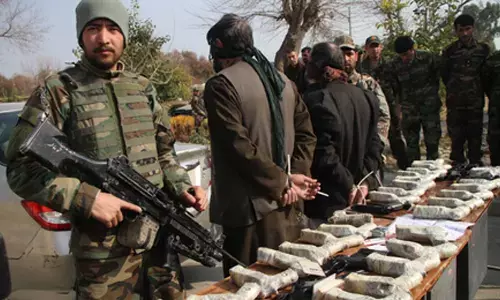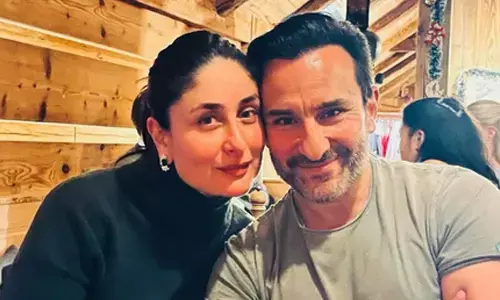Law lets Australian govt ban extremists for up to 2 years

The Australian Parliament on Thursday passed laws that enable the government to prevent suspected extremists from returning home for up to two years despite concerns it could be unconstitutional.
Canberra: The Australian Parliament on Thursday passed laws that enable the government to prevent suspected extremists from returning home for up to two years despite concerns it could be unconstitutional.
The Senate passed the laws with the center-left Labor Party supporting the conservative government's bill even though it worried Home Affairs Minister Peter Dutton would have too much discretion to decide who was banished. The Law Council of Australia, the nation's leading advocacy for lawyers, urged senators to refer the bill to committee rather than vote for it. Rex Patrick, a senator from the minor Center Alliance, wanted the government to reveal its own legal advice, but a vote on his motion failed. The government refused to disclose its legal advice from the solicitor-general, but said it raised no constitutional concerns.
"The government has clear advice that this legislation is constitutional," Defense Minister Linda Reynolds told the Senate. Patrick reminded the Senate of the case of Australian journalist Wilfred Burchell, a communist renowned for reporting the Korean and Vietnam wars from behind communist lines. Australia prevented him from making family visits, but classified documents made public decades later revealed that the governor-general's legal advice was that Burchell had a right to return to the country where he was born.
Patrick also cited a unanimous High Court decision in 1988 overturning a so-called immigration clearance fee for air travelers entering the country. Australia's highest court ruled that an Australian citizen's right to enter the country "is not qualified by any law imposing a need to obtain a license or a clearance" from the government. Under the measures based on British law, any citizen suspected of extremism would be temporarily banned from returning to Australia until protections are in place through a so- called "return permit," setting conditions for the person's entry and stay in Australia.
Labor was critical that the law enabled Dutton to issue the exclusion orders without judicial oversight. But his decisions can be appealed. "Given the minister for home affairs' track record at crying wolf and bending the truth, if there's one minister that requires oversight, it's the minister for home affairs," Labor Senator Kristina Keneally told the Senate. Greg Barns, spokesman for the rights-focused Australian Lawyers Alliance, said the law also allowed Australians to be banished for being an indirect security risk.
"When whistleblowers, media organizations and journalists have published information about misconduct in military operations in the past, such exercises have been labelled as assisting terrorism," Barns said in a statement. Aid groups estimate at least 50 Australian women and children have been stranded in crowded Syrian refugee camps following the loss of Islamic State's territory in the Middle East. Dutton said his government would look at repatriating Australians case by case, particularly where young children are involved.














